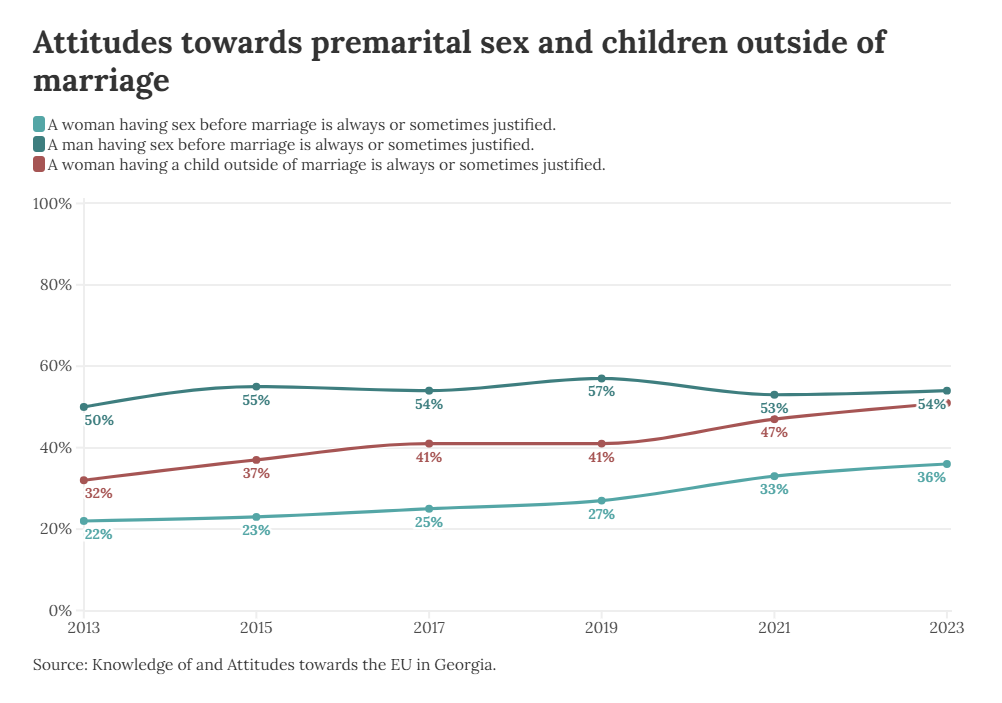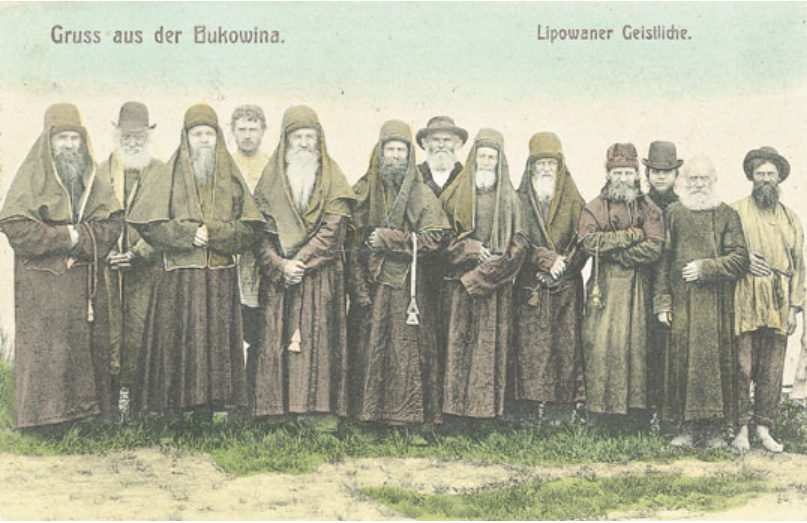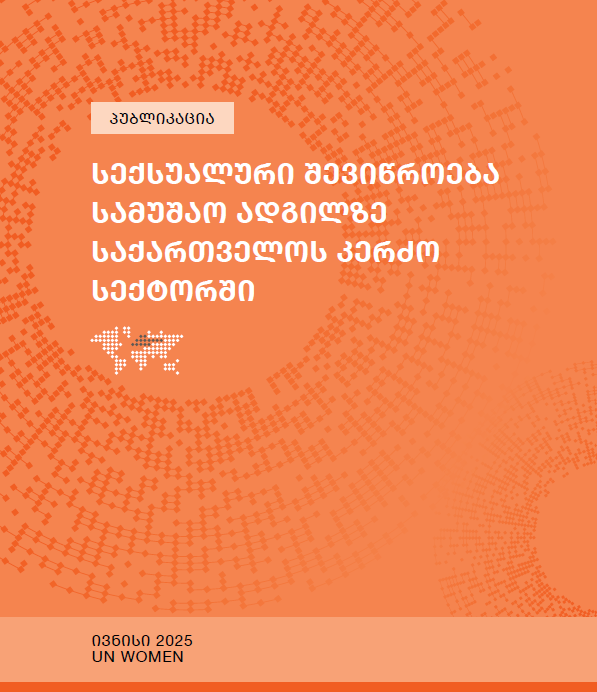According to the March 2016 CRRC/TI-Georgia survey, roughly 4 in 10 households with school-aged children reported hiring a private tutor at the time of the survey for at least one subject that a child in their household was studying at school. Since the question was asked about private tutors for only subjects that pupil(s) were studying at school at the time of the fieldwork, the share of households that hire private tutors is likely higher than reported. This expectation is based on the fact that aptitude tests that are a required part of the university entrance exams for all applicants are not related to any specific school subject, yet, create a high demand for private tutoring. While, as has been noted before, private tutoring reflects economic inequalities in Georgian society, it also contributes to furthering these inequalities. This blog post looks at how the frequency of hiring private tutors in Georgia differs by settlement type and level of education of the interviewed household member.
Compared to other settlements, private tutoring is most widespread in Tbilisi. While 47% of Tbilisi households with school-aged children reported hiring a tutor for at least one school subject, only 32% of rural households reported the same.
Note: All charts in this blog post are based on the sub-sample of households with school-aged children (39% of all households). Thus, margins of error are higher for the reported findings. Answers “Don’t know” and “Refuse to answer” (less than 1% if combined) were excluded from the analysis.
How the person interviewed was related to the child(ren) of school age living in the same household was not recorded during the interviews. Thus, we do not know his or her role in decisions about the child(ren)’s education, and specifically the hiring of private tutors. Still, we look at their level of education as a proxy for the entire household.
In cases when the household member reported having higher than secondary education, the school-aged children living in his/her household were more likely to have private tutor(s), compared to when the household member reported having secondary technical or secondary and lower education. Higher levels of education are also associated with relatively higher incomes. Hence, households where higher levels of education are reported also are likely to have more resources to cover the costs of private tutoring.
Note: Answer options to the question “What is the highest level of education you have achieved to date?” were recorded in the following way: “Primary education”, “Incomplete secondary education”, and “Completed secondary education” were combined into the category “Secondary education or lower”. “Secondary technical education/vocational education” is labeled “Secondary technical education”. “Incomplete higher education”, “Completed higher education (BA, MA, or Specialist degree)”, and “Post-graduate degree” were combined into the category “Higher than secondary education”. Answers “Don’t know” and “Refuse to answer” (less than 5% if combined) were excluded from the analysis.
Reported private tutoring practices differ by a number of variables in Georgia. School children living in Tbilisi and in households where interviewed household members report higher levels of education tend to have private tutors more often compared to other children.
To have a closer look at the CRRC/TIG survey data, visit CRRC’s Online Data Analysis tool.












